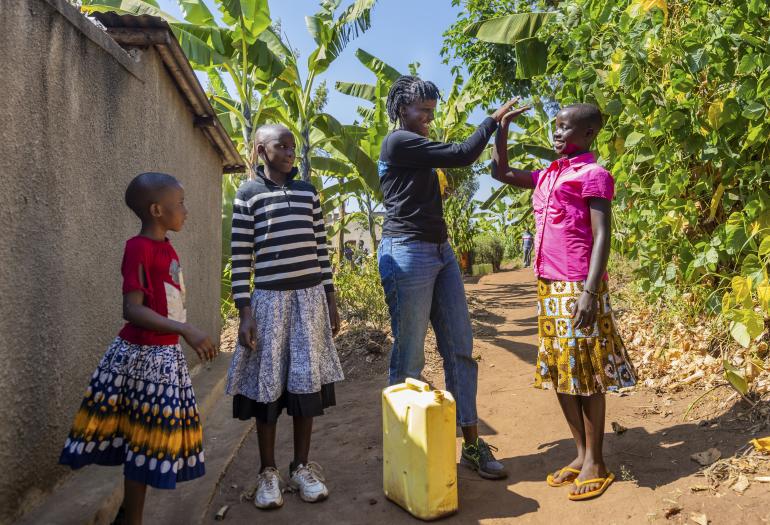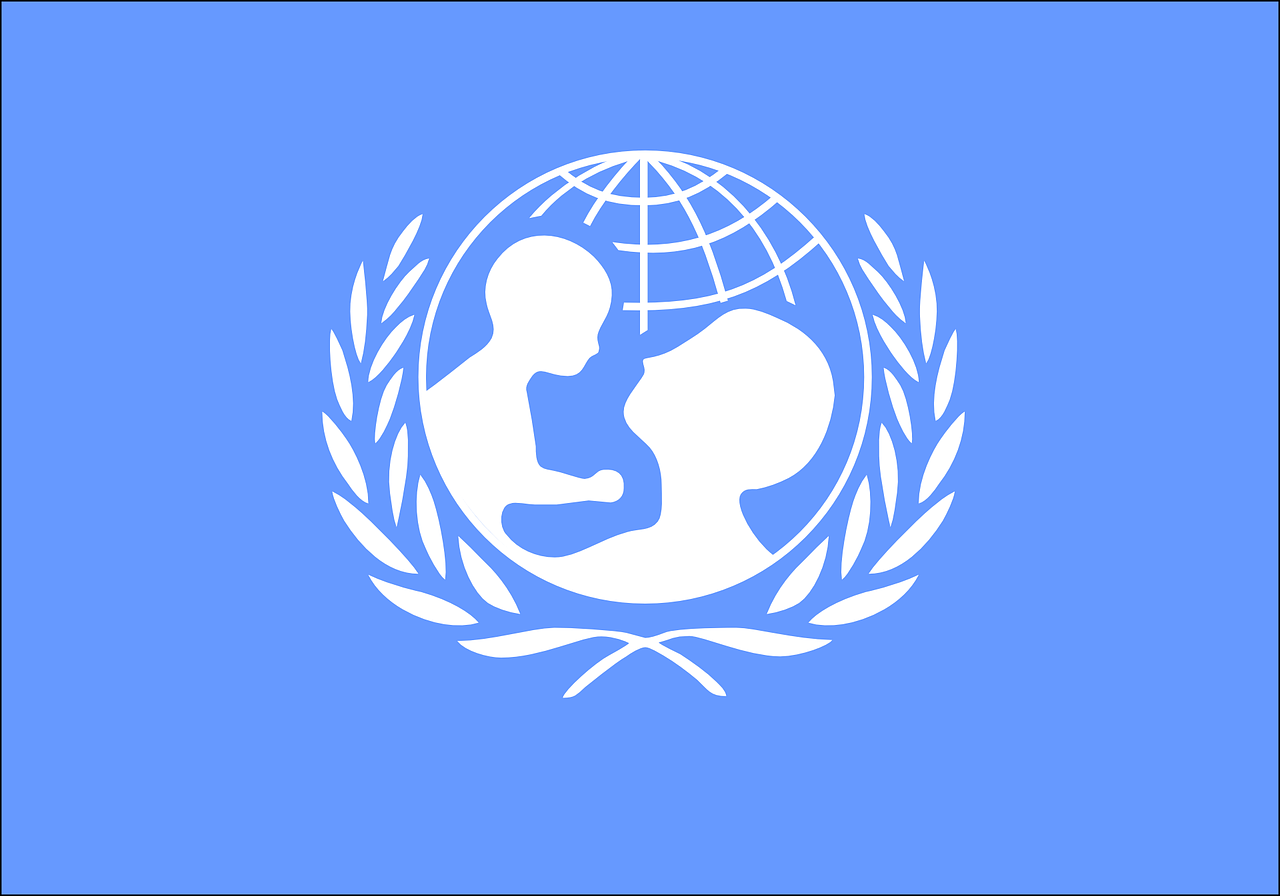Vanessa Nakate, a UNICEF Goodwill Ambassador, advocates for the rights of adolescent girls during her trip to Rwanda.
At the Women Deliver Conference, Nakate urges for a worldwide investment of $1 billion to enhance girls’ opportunities in terms of health, education, and protection.

UNICEF Goodwill Ambassador Vanessa Nakate, in solidarity with thousands of girls and women attending the Women Deliver Conference in Rwanda, is advocating for increased investments to safeguard and advance the rights of adolescent girls.
During her one-week visit to Kigali, Rwanda, alongside UNICEF, Nakate engaged with girls and women who are actively combating daily hardships such as gender inequality and the impact of climate change.
Vanessa Nakate, the Ugandan climate activist, emphasized the inseparable connection between climate justice and gender justice. She stated, “The challenges of climate crises and gender inequality intersect in every aspect of a girl’s life. However, if every girl’s voice is heard, the world will have a better chance to confront the existential threat of climate change and to become a more equal, innovative, powerful, and beautiful place.”
Research indicates that climate change disproportionately affects girls and young women. Disturbing estimates suggest that by 2025, more than 12 million girls may be unable to complete their education annually due to climate-related factors. When faced with changing climate conditions, girls are often the first to leave school in order to assist their families, assuming additional household responsibilities during times of crisis. In communities where water resources are scarce and gender roles are unequal, girls and women are forced to undertake long and hazardous journeys to fetch water. Moreover, droughts and floods can result in girls missing school during menstruation due to the lack of water and safe sanitation facilities.
In anticipation of the Women Deliver 2023 Conference, the largest global gathering aimed at advancing gender equality, Vanessa Nakate initiated the Girls Deliver: Pre-Conference on Adolescent Girls and launched UNICEF’s appeal for $1 billion in new investments from the international community. The investments are intended to address the urgent health, education, and protection needs of adolescent girls worldwide by 2025. This initiative aligns with UNICEF’s global Adolescent Girls Strategy, a three-year agenda developed in collaboration with girls themselves, which seeks to garner increased attention and funding for at least 20 million adolescent girls in 30 countries, as part of UNICEF’s commitments.
During her visit, Nakate journeyed to a remote community in the Kirehe District of Eastern Province, where UNICEF facilitated the transformation of a diesel-powered water supply system into a solar-powered one. This development has had a significant positive impact on approximately 11,000 adolescent girls and women in the area. Nakate had the opportunity to meet with girls who shared how the new system has transformed their daily lives. Benefits include reduced distances to access water at a public communal site, resulting in more time for education, rest, and a decreased risk of injury and abuse. Additionally, the operational costs have been halved, and the community’s exposure to pollution has diminished.
“Adolescent girls are raising their voices and demanding change. It is crucial that we listen and take action,” stated Rania Dagash, UNICEF Deputy Regional Director for Eastern and Southern Africa. “Despite the daunting challenges they encounter, adolescent girls and women are leading global movements for change, advocating for intersectional progress. We understand that to meet the magnitude of this challenge, the world must embrace different approaches. The voices of girls must be central to our efforts.”
UNICEF places a specific focus on addressing the needs of girls and women through its programming. This includes initiatives such as investing in skill-building and creating learning environments that foster girls’ growth and development. UNICEF also aims to enhance access to quality healthcare and ensure protection from all forms of violence and harmful practices. Additionally, the organization supports girl- and women-led organizations, empowering them to contribute to solutions tailored to their own communities.
Nakate shared a poignant encounter in Kirehe, where she met Adele, a 13-year-old girl with a familiar story. Each morning, Adele would embark on a one-hour journey to fetch water for her family’s drinking, cooking, and cleaning needs. Balancing a heavy 20-liter jerrycan on her head, she repeated the journey after school. With the introduction of the new solar-powered water site, Adele’s entire journey has been reduced to just 25 minutes, providing her with a greater sense of safety and more time for learning and play. Nakate emphasized that girls like Adele lead multi-faceted lives, underscoring the importance of donors and governments supporting projects that safeguard both their rights and their environments.



